Prom 13: London Philharmonic Orchestra and Choir, Jurowski
No-fuss Beethoven Ninth may be the most radical of all
The last time I heard Beethoven's setting of Schiller's Ode to Joy in the finale of his Ninth Symphony, it was as European anthem at the end of this May's Europe Day Concert, and everybody gladly stood. That hopeful occasion was distinguished by Andrew Manze's Rameauisation of the melody, stylishly played by Rachel Podger and the European Union Baroque Orchestra.

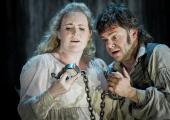

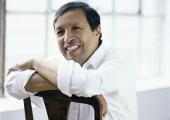
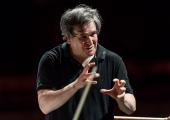
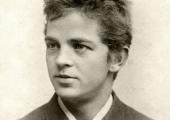
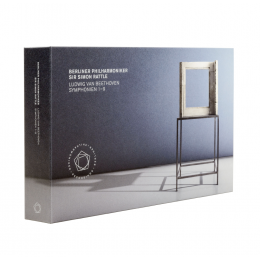 Beethoven: Symphonies 1-9 Berliner Philharmoniker/Sir Simon Rattle (Berliner Philharmoniker Recordings)
Beethoven: Symphonies 1-9 Berliner Philharmoniker/Sir Simon Rattle (Berliner Philharmoniker Recordings)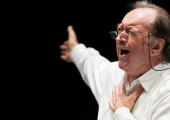
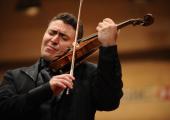
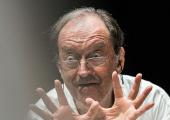
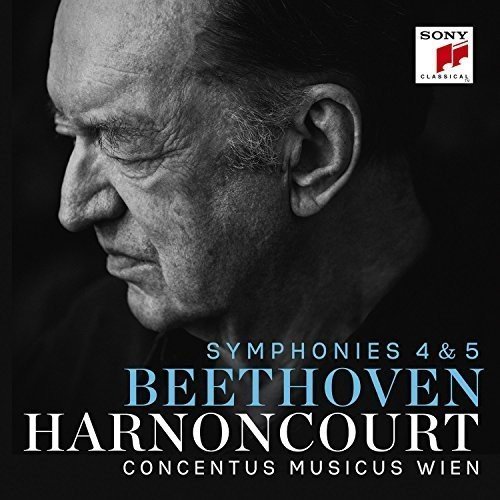 Beethoven: Symphonies 4 & 5 Concentus Musicus Wien/Nikolaus Harnoncourt (Sony)
Beethoven: Symphonies 4 & 5 Concentus Musicus Wien/Nikolaus Harnoncourt (Sony)